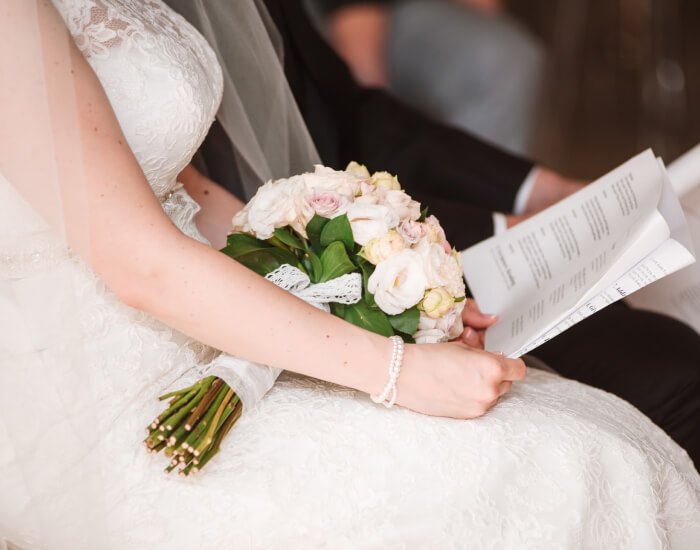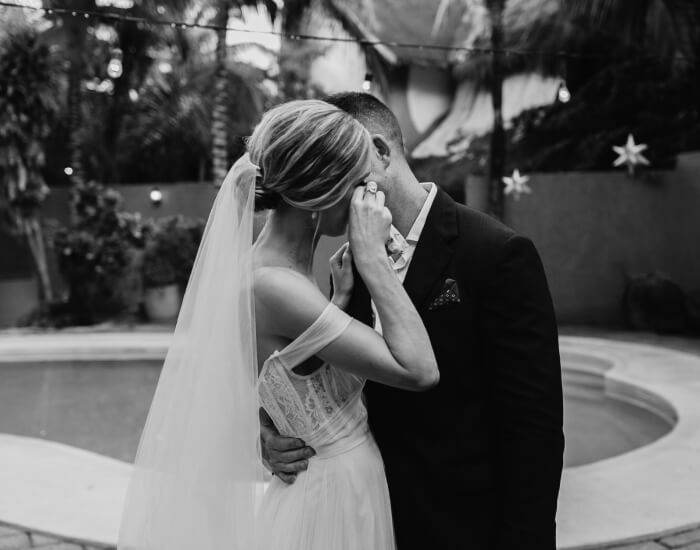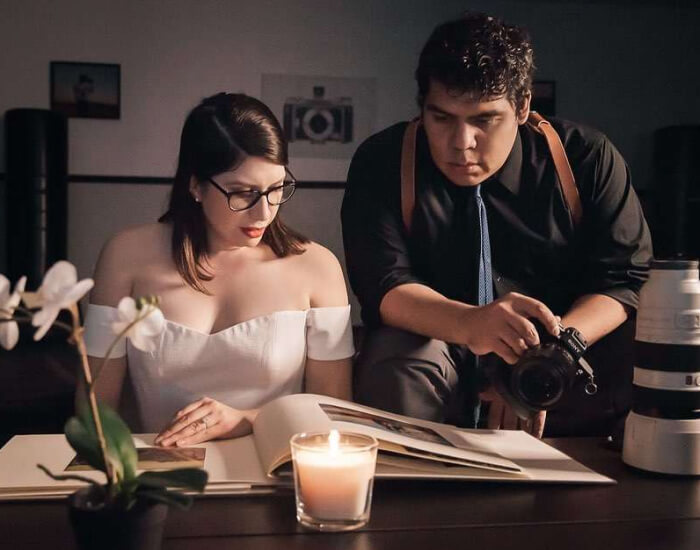Congratulations on your upcoming wedding! Planning a wedding can be an exciting and joyous time, but we also know how stressful and overwhelming it can get.
But have you ever tried journaling? That’s right! Journaling is an excellent tool for self-care and stress management and can come to a great help during this important phase of your life. It allows you to reflect, express your emotions, and find clarity amidst the chaos.
So how do you journal during such a crazy period of planning, executing and more planning? We talk about tips and ideas for a wedding planner book as a means of promoting your well-being throughout the wedding planning process.
From securing a wedding venue to finalizing the guest list, or completing DIY projects, maintaining a journal can boost your motivation and sense of achievement.
1. Set aside dedicated journaling time
15 mins of your day or alternate days can also be more than enough. Schedule regular periods of time in your day or week specifically for journaling. Treat it as a self-care ritual, creating a calm and focused environment that allows you to fully engage with your thoughts and feelings.

Select a time of day that works best for you and commit to it. It could be in the morning to set the tone for the day or in the evening to reflect on the events of the day. Consistency helps establish a routine and ensures that journaling becomes a regular practice. It’s as simple as setting a schedule and a reminder to get started.
2. Begin with gratitude
Start each journaling session by expressing gratitude for the positive aspects of your wedding planning journey. This helps shift your mindset towards the things that are going well, fostering a sense of appreciation and contentment.
Add the tasks that you have completed and how you feel about them, people who have helped you for that day, people who complimented you, and be thankful about it.
3. Explore your emotions
Weddings can evoke a wide range of emotions, from excitement and joy to stress and anxiety. Use your journal as a safe space to explore and process these emotions. Allow yourself the freedom to express and understand your feelings through writing, and be compassionate towards yourself as you navigate the ups and downs of wedding planning.

If you’re unsure where to begin, start by using a prompt to guide your writing. For example, you can ask yourself questions like, “How am I feeling about the wedding planning right now?” or “What are my biggest sources of stress or excitement?” These prompts can help kickstart your emotional exploration.
4. Identify stress triggers
Pay attention to the factors that cause you stress or anxiety during the wedding planning process. Reflect on these triggers in your journal and consider potential solutions or coping strategies. This self-awareness can help you navigate challenging situations more effectively.
Look for common themes or patterns that emerge from your reflections and emotional tracking. Are there specific aspects of wedding planning that consistently trigger stress for you? It could be related to budgeting, guest list management, vendor coordination, or decision-making. Identifying these themes can help you focus on finding targeted strategies to address them.
5. Brainstorm and problem-solve
Use your journal to brainstorm ideas, make lists, and organize your thoughts. Whether it’s creating a wedding checklist, preparing wedding rehearsal dinner invitations, researching vendors, or deciding on a theme, journaling can help you clarify your goals and make informed decisions.
Start a new page in your journal and write down as many ideas as possible related to the problem at hand. Allow your thoughts to flow freely without judgment. Don’t worry about the feasibility or practicality of the ideas at this stage. The goal is to generate a wide range of possibilities.
Once you have a list of ideas, take some time to evaluate each option by listing their potential pros and cons. Consider the advantages and disadvantages of each idea, as well as the potential impact on different aspects of your wedding planning.
6. Practice self-reflection
Take time to reflect on your personal growth throughout the wedding planning journey. Write about any insights you’ve gained, lessons learned, or challenges overcome. Begin your self-reflection by asking yourself thought-provoking questions.
For example, you can ask, “What do I truly want to experience on my wedding day?”, “What aspects of the planning process align with my values?”, or “How am I growing as a person through this journey?” These questions help direct your focus and encourage deeper contemplation.
Reflect on your core values and priorities as they relate to your wedding. This process of self-reflection can deepen your understanding of yourself and the significance of this milestone.
7. Visualize your ideal wedding day
Imagine and describe in detail what your ideal wedding day looks and feels like. Picture the celebration: Imagine the reception and celebration that follows the ceremony. Describe the layout of the reception area, the tables, and the decorations.

Write about the music, the laughter, and the joyous atmosphere that fills the space. Visualize yourself dancing, mingling with loved ones, and creating lasting memories. This exercise can help you stay connected to your vision and maintain a sense of excitement and anticipation.
8. Seek support and advice:
If you find yourself struggling with stress or overwhelming emotions, reach out for support. Consider writing in your journal about your concerns and seeking advice from trusted friends, family, or professionals. Sometimes, putting your thoughts into words can lead to valuable insights and perspectives.
9. Embrace self-care rituals
In addition to journaling, incorporate other self-care practices into your wedding planning routine. This could include activities like meditation, exercise, looking up styling tips for wedding day, spending time in nature, or indulging in hobbies that bring you joy. Write about these experiences in your journal to reinforce their positive impact on your well-being.

Remember, journaling is a personal practice, and there is no right or wrong way to do it. Allow yourself to be authentic, vulnerable, and open to the process. By using journaling as a tool for self-care and stress management, you can navigate the wedding planning journey with greater mindfulness, resilience, and emotional well-being.







